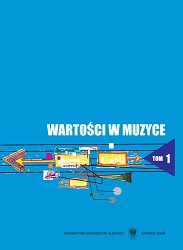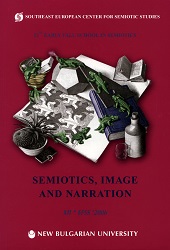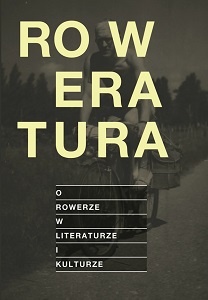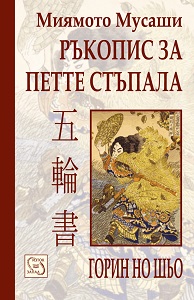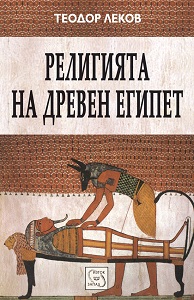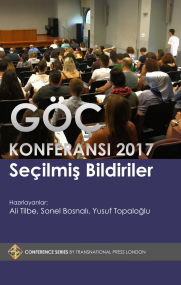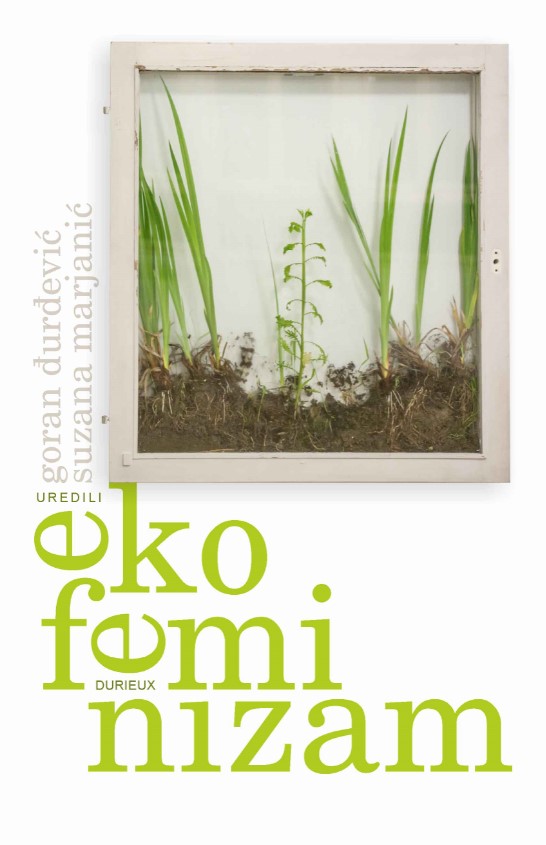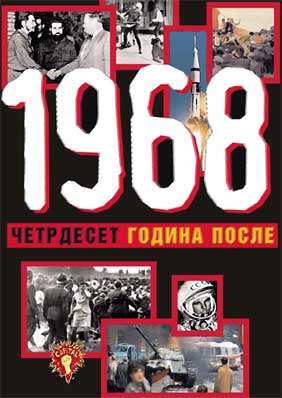
„Buntovna” 68. i još neke godine u Istri
The crisis of the „socialist” society was made „known” to the Yugoslav public through the student protest and vociferous critique by young intellectuals, mostly of „leftist” leanings (although those with „right wing” inclinations also took part in the „movement”). Publicly displayed dissatisfaction and revolt of the students were the first overt critique of the „self-managing socialism” as seen by the Party, i.e. its leaders. With their acts and demands, the students asked the State to prove its legitimacy, pitching themselves against it and bringing its officials (the „red bourgeoisie”) to book. The most „revolutionary” consequence of 1968 was demystification of the government and the system. According to the demands the students voiced, it was the continuation of the „revolution” or at least the „return to the original revolutionary principles”. The „revolutionary students” declared the Zagreb University the „Socialist University of the Seven Secretaries of the SKOJ”, and the Belgrade University the „Red University Karl Marx”, which itself tells enough about their goals „(…) or it was just a gag or a cheap trick”. Zagreb experienced no riots or a strike but a week’s turbulences left their mark. Particularly on those who were kicked out of the University and who lived for years on illusions that they had been „revolutionary students”. That spirit of the 1968-rebellion, of change, liveliness, of dispersing boredom and of possibility of choice was felt in Istria solely through the struggle for freedom of cultural activity and unconventional works of groups of young cultural activists and artists. Nothing particularly important happened in Istria in 1968 that could be explained as a consequence of students’ unrest, of radical left-wing leanings, anarcho-liberalism, etc, except for participation in the unrests of few students from Istria, some of whom were pardoned and some not. The turbulences which were ideologically closest to students’ demands for free speech and other „civic” liberties, played out in the field of culture, i.e. among the cultural activists. The main question was what kind of culture was needed and who needed it unencumbered with daily politics and dictated by Party committees. During the belated aftermath of the „anarcho-liberal” ideas a group of young cultural activists was founded in Pula in 1970, independent of the Communist Party, the Martica hrvatska or the Čakavski sabor , who saw their contribution to culture and arts in relentless critique of the society and on the level of European cultural achievements and the ideas of the „New Left”. The most important event was the founding of an informal group of young enthusiasts, cultural workers, who would actively participate in forming politicsfree culture of the city: the Author Group Pol 5. Their cultural actions were, apart from publishing the journal Trefi lo, organizing photo exhibitions-cum-poetry reading evenings, showing of amateur films etc. For these purposes they made contacts with the Youth Literary Club Istrian Combatant and the Experimental Youth Scene. Members of these organizations had dual membership in both organizations. These very open-minded societies which readily accepted every gifted young individual. Some individuals were active in youth associations such as the Author Group Pol 5, the Experimental Youth Scene and the Literary Club Istrian Combatant, taking part in social cultural activities, but had no ambitions to create movements. Their interest in social and political processes remained in the realm of theorizing and cultural essays.
More...
